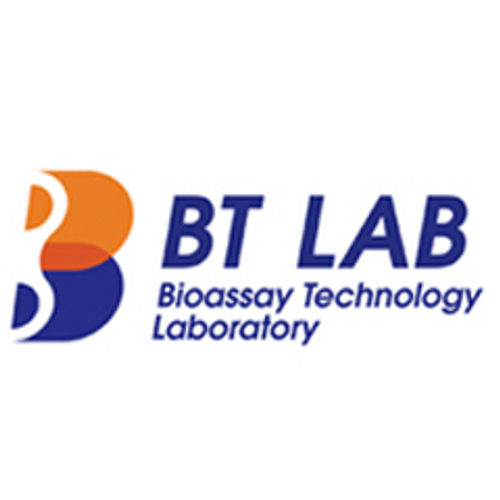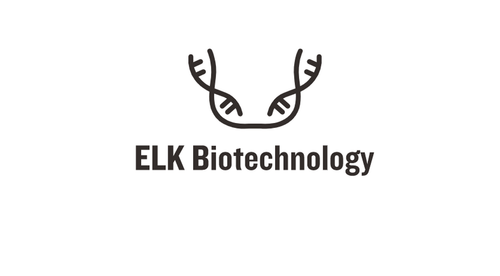Product Description
Human Tyrosine-protein phosphatase non-receptor type 6 (PTPN6) ELISA Kit | AE25092HU | Abebio
Species Reactivity: Human (Homo sapiens)
Abbreviation: PTPN6
Alternative Name: HCP; HCPH; HPTP1C; PTP-1C; SH-PTP1; SHP-1; SHP-1L; SHP1; hematopoietic cell phosphatase|hematopoietic cell protein-tyrosine phosphatase|protein-tyrosine phosphatase 1C
Application: ELISA
Range: 0.312-20 ng/mL
Sensitivity: 0.105 ng/mL
Intra-Assay: ≤5.3%
Inter-Assay: ≤9.4%
Recovery: 1, 01
Sample Type: Serum, Plasma, Other biological fluids
Detection Method: Sandwich
Analysis Method : Quantitive
Test Principale: This assay employs a two-site sandwich ELISA to quantitate PTPN6 in samples. An antibody specific for PTPN6 has been pre-coated onto a microplate. Standards and samples are pipetted into the wells and anyPTPN6 present is bound by the immobilized antibody. After removing any unbound substances, a biotin-conjugated antibody specific for PTPN6 is added to the wells. After washing, Streptavidin conjugated Horseradish Peroxidase (HRP) is added to the wells. Following a wash to remove any unbound avidin-enzyme reagent, a substrate solution is added to the wells and color develops in proportion to the amount of PTPN6 bound in the initial step. The color development is stopped and the intensity of the color is measured.
Product Overview: is a member of the protein tyrosine phosphatase (PTP) family. PTPs are known to be signaling molecules that regulate a variety of cellular processes including cell growth, differentiation, mitotic cycle, and oncogenic transformation. N-terminal part of this PTP contains two tandem Src homolog (SH2) domains, which act as protein phospho-tyrosine binding domains, and mediate the interaction of this PTP with its substrates. This PTP is expressed primarily in hematopoietic cells, and functions as an important regulator of multiple signaling pathways in hematopoietic cells. This PTP has been shown to interact with, and dephosphorylate a wide spectrum of phospho-proteins involved in hematopoietic cell signaling. Multiple alternatively spliced variants of this gene, which encode distinct isoforms, have been reported.
Stability: The stability of ELISA kit is determined by the loss rate of activity. The loss rate of this kit is less than 5% within the expiration date under appropriate storage condition. The loss rate was determined by accelerated thermal degradation test. Keep the kit at 37°C for 4 and 7 days, and compare O.D.values of the kit kept at 37°C with that of at recommended temperature. (referring from China Biological Products Standard, which was calculated by the Arrhenius equation. For ELISA kit, 4 days storage at 37°C can be considered as 6 months at 2 - 8°C, which means 7 days at 37°C equaling 12 months at 2 - 8°C) .
 Euro
Euro
 USD
USD
 British Pound
British Pound
 NULL
NULL












